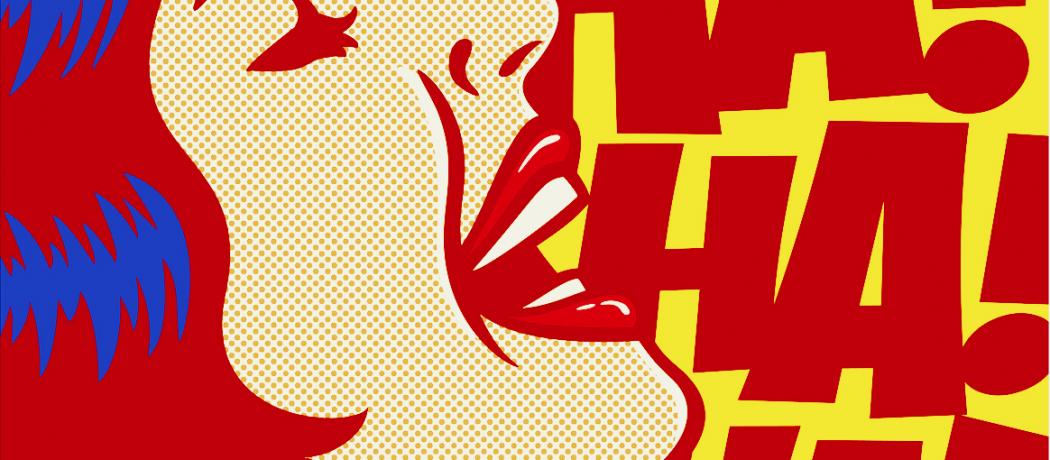Humor is the tendency of experiences to provoke laughter, or at least some amusement. People of all ages and cultures respond to humor of one kind or another. The word comes from the Latin for “body fluid” and its origin has some connection to the Greek theory of humoral balance required for health. Neurophysiologists today think that perception of humor comes from engagement of the temporo-occipital-parietal areas of the brain detecting and resolving incongruity, as well as the dopaminergic system and the amygdala, which are the key structures for reward processing.
This all sounds very serious, so on a related lighter note, why are poop-themed toys so popular with kids, and why does the word poo unleash hysterical laughter in kids?
The Vancouver Sun ran “Welcome to poo corner,” Cassandra Szklarski’s story about toymakers tapping into our obsession with bodily functions. The head of purchasing at Mastermind Toys traces the flood of poop and toilet humor in toys to the widespread use of the poop emoji. Fifteen-year-old toy expert Emile Burbidge at Toys“R”Us Canada says perhaps it is the simple fact that, “Kids really like to play with gross stuff.”
Sigmund Freud argued that the child going through an anal stage gets pleasure from the development of anal control. Now developmental psychologists emphasize the positive role of humor, levity, and laughter in personal and social development. The Vancouver Sun article quotes parents who say that the preponderance of poop toys leads to more toilet humor around the home. That in turn gives parents an opportunity to talk to their kids about their growing bodies. One parent talked about her child who was terrified to go to the school bathroom. Another parent said that when boys pass gas, people laugh, but “oh my goodness” is the unequal reaction when this happens to girls. These toys bring on play and laughter and “normalize body functions,” said another parent whose 9-year-old daughter is just becoming body aware.
But never mind kids! In my home we deal with incontinence daily. And what do our best friends do? They envelop us with understanding, love, and laughter, and gift us with Sticky The Poo and Don’t Step In It! And we laugh—mind you, with a tear in our eyes.
—George Szasz, CM, MD
Suggested reading
Szklarkski C. Welcome to poo corner. Vancouver Sun. Page B12, 22 November 2018.
Vrticka P, Black JM, Reiss AL. The neural basis of humour processing. Nat Rev Neurosci 2013;14:860-868.
Williams JGG. The Conversation. Why children find ‘poo’ so hilarious – and how adults should tackle it. Accessed 14 January 2019. https://theconversation.com/why-children-find-poo-so-hilarious-and-how-a....
This post has not been peer reviewed by the BCMJ Editorial Board.

